Cats may seem cool and aloof, but they’re surprisingly sensitive to your emotions—especially stress. If you’re feeling anxious or overwhelmed, your cat might start acting clingy, hiding more, or suddenly becoming extra vocal. Some cats even mirror your mood, lounging more when you’re low or pacing when you’re restless. Changes in their eating or litter box habits can also hint they’re picking up on your tension. They might curl up closer than usual, trying to soothe you with their quiet presence. Even subtle changes in your tone or routine can throw them off. So yes, your cat really does feel your stress—and often tries to help in their own quiet, furry way.
Increased Hiding or Withdrawal
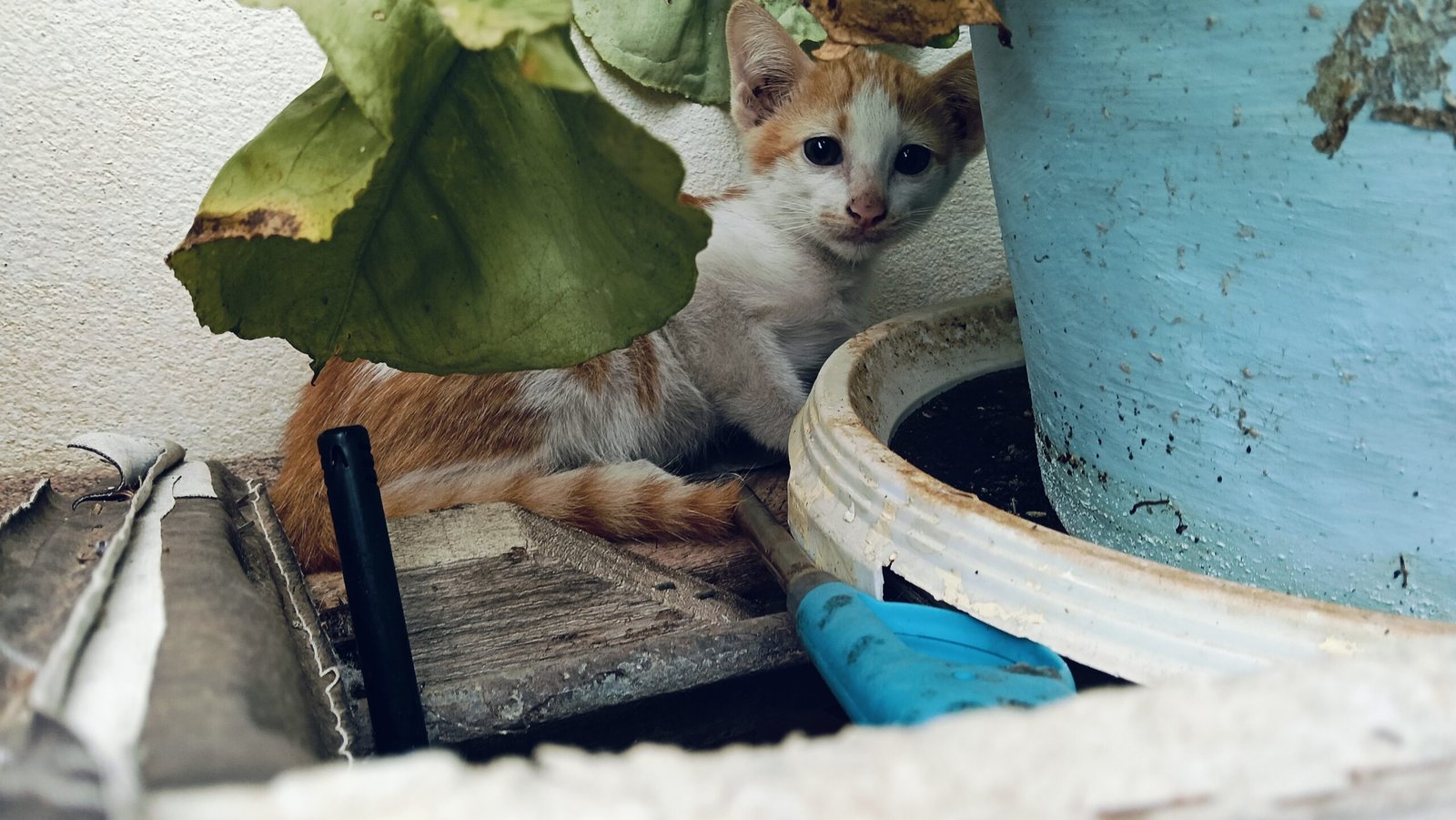
One of the first signs your cat is tuning into your stress is when they start disappearing more often. If your outgoing kitty suddenly prefers the space under the bed or at the back of a closet, it could be their way of coping with the tension in the air. Cats are creatures of habit, and stress disrupts their sense of safety. When you’re on edge, your energy changes. Cats, being incredibly intuitive, can sense that shift. Sometimes, all they want is to find a quiet, predictable spot away from the chaos. It’s like when you want to curl up with a good book and shut out the world—your cat feels the same way. This withdrawal isn’t always about fear; sometimes, it’s their way of processing what’s going on.
Unusual Vocalizations
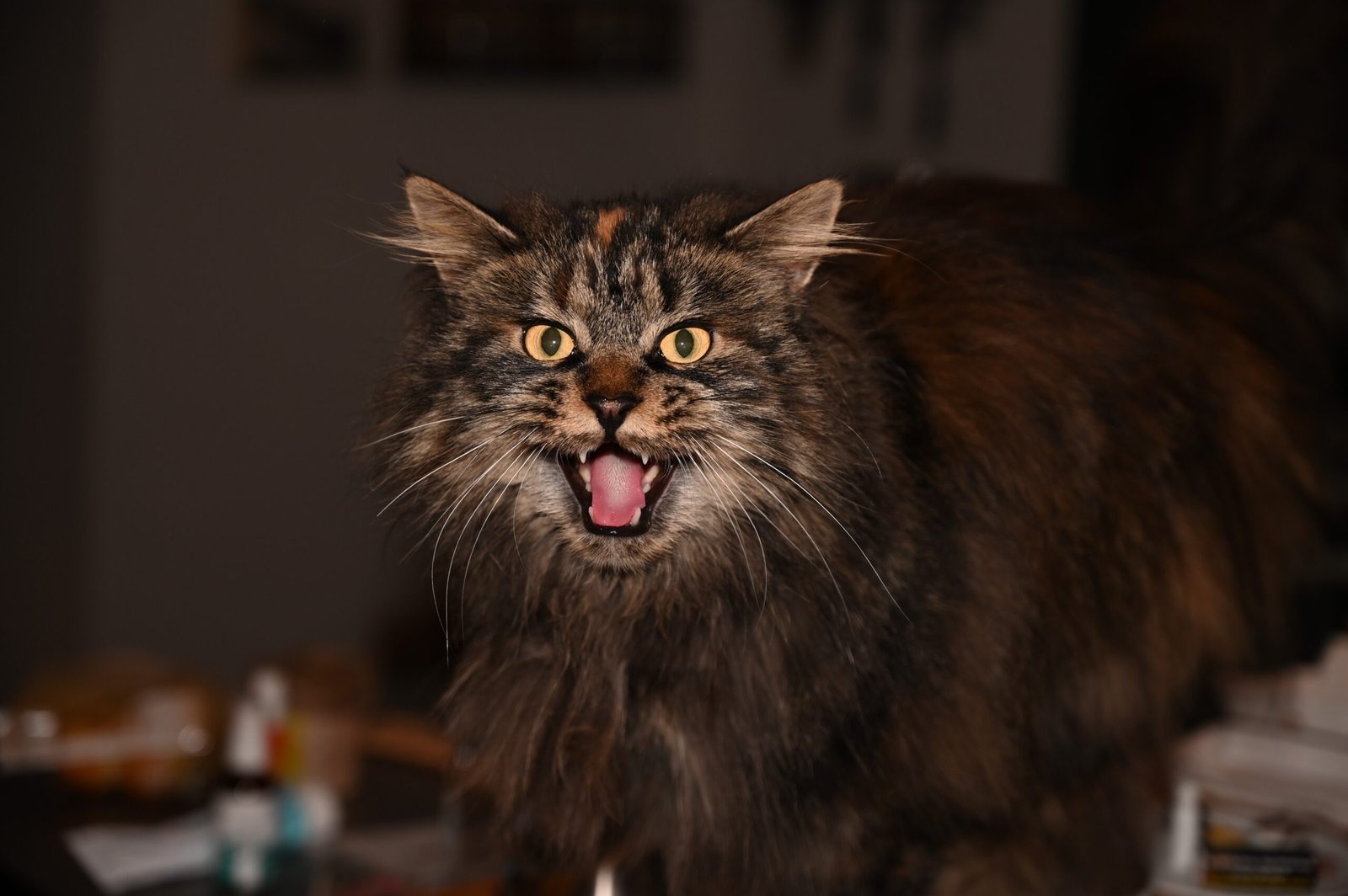
Has your cat been meowing more than usual—or maybe making odd sounds you’ve never heard before? Cats use their voices to communicate, and when they sense your stress, their vocal patterns can change dramatically. Some may become more demanding, meowing loudly for attention or reassurance. Others might use softer, almost questioning chirps. It’s as if they’re trying to ask, “Are you okay?” These changes can be especially noticeable in normally quiet cats. Like a friend who asks if something’s wrong when you’re down, your cat’s new vocal habits could be their way of checking in on you.
Changes in Eating Habits
Stress can be contagious, and it can affect appetites—yours and your cat’s. If you notice your furry pal suddenly snubbing their food or eating much more than usual, it could be a sign they’re picking up on your emotional state. Cats are creatures of comfort, and food is a big part of their routine. When the environment feels unstable, they might either lose their appetite or seek comfort in extra snacks. Think of it like stress-eating ice cream after a tough day, or losing your taste for food when you’re anxious. In cats, either behavior is a sign that something is off in the household vibe.
Increased Clinginess or Neediness
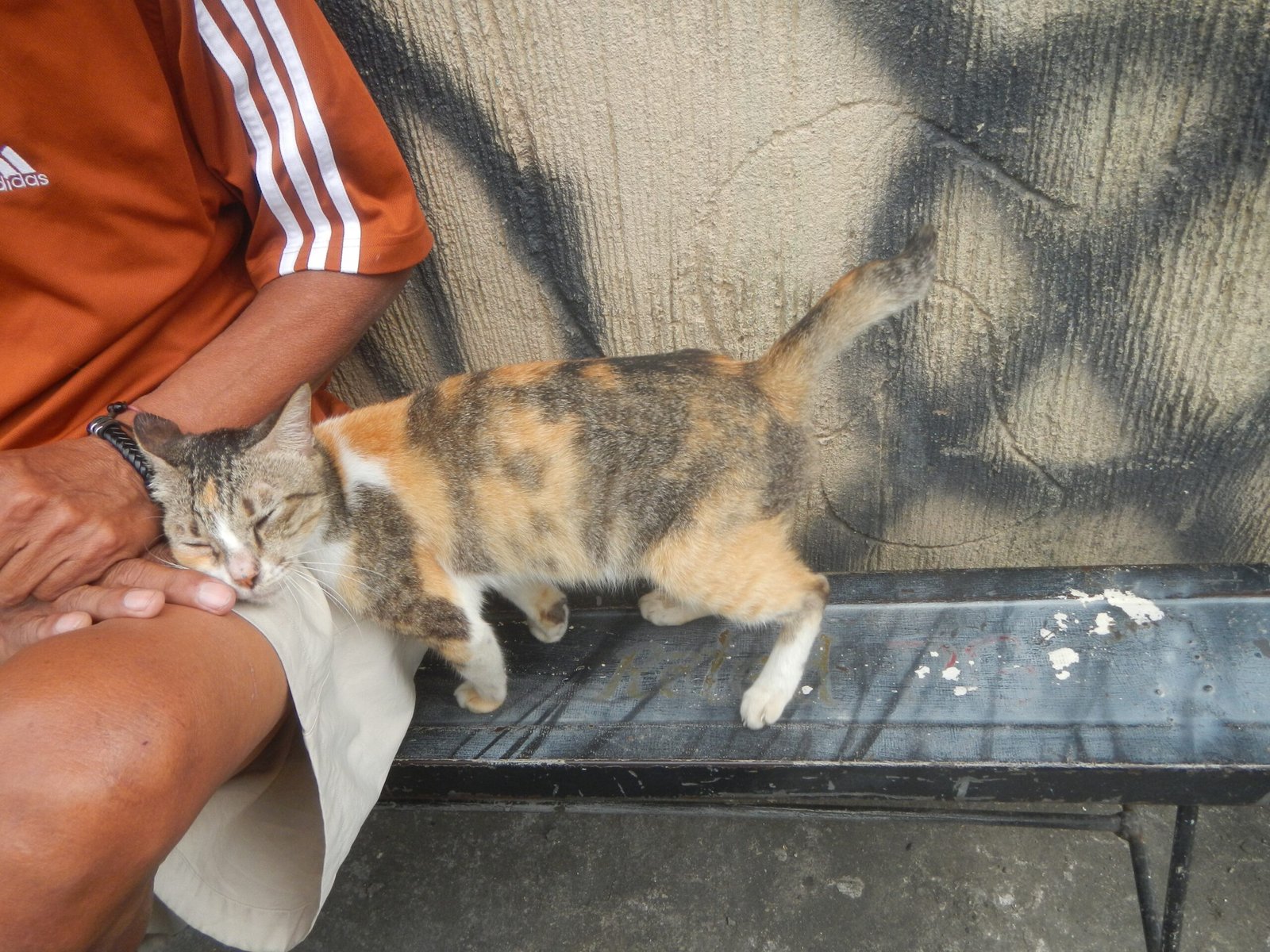
You might find your cat glued to your side when you’re feeling overwhelmed. Some cats respond to their humans’ stress by becoming extra affectionate—following you from room to room, insisting on cuddles, or even sitting on your laptop while you work. It’s their instinctive way of offering comfort, almost like a furry little therapist. Cats have been known to curl up on their owner’s chest or lap during tough times, purring away as if to say, “I’m here for you.” This increased neediness can be heartwarming, but it’s also their way of reassuring themselves that everything is okay.
Aggressive or Unusual Behavior
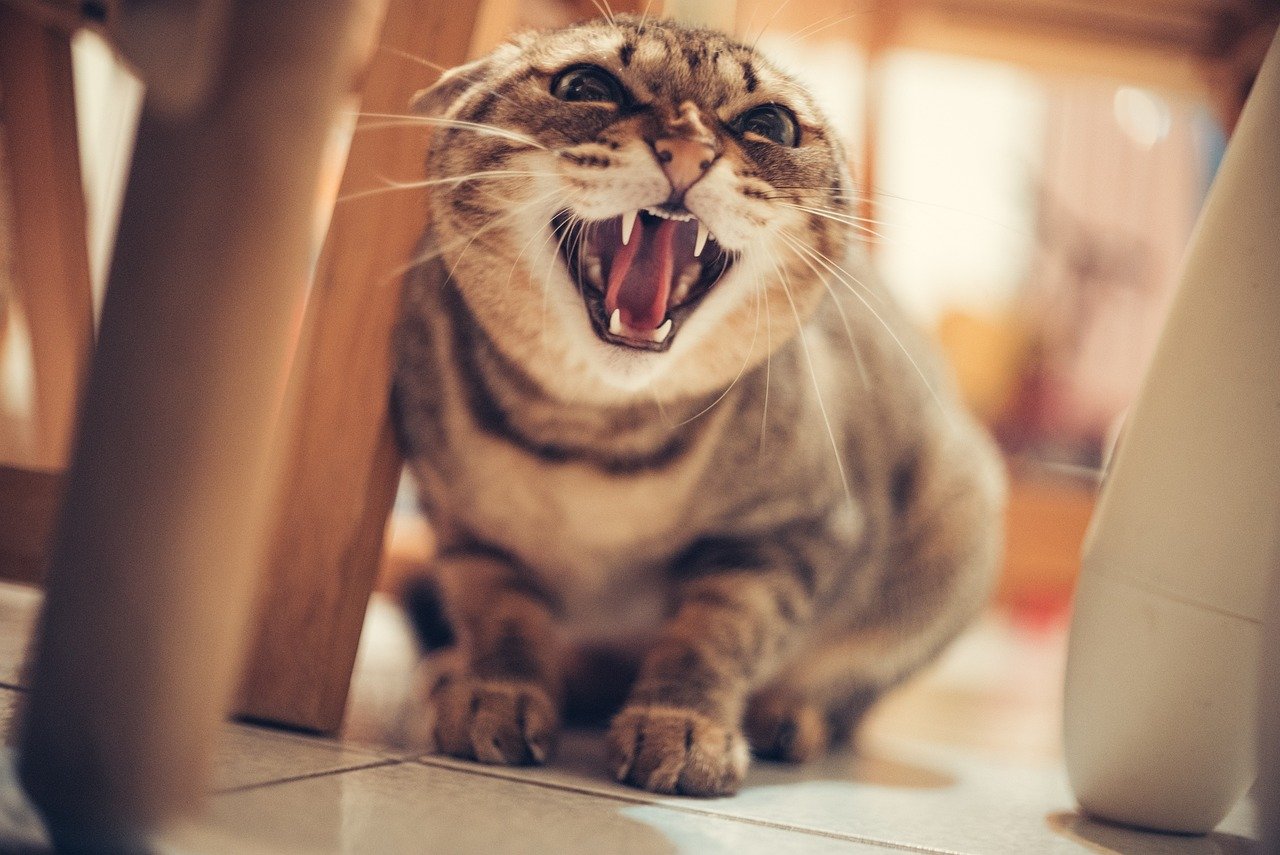
Stress in the home can sometimes make cats act out in ways that seem totally out of character. Maybe your gentle, sweet-natured cat suddenly starts swatting or biting, or perhaps they’re more easily startled and hiss at harmless noises. This isn’t about them being “bad”—it’s about their anxiety bubbling over. Just like people can become short-tempered under stress, cats can too. Sometimes, this aggression is their only way to express discomfort or confusion about the changes they’re sensing in you. If your cat’s behavior shifts dramatically, it’s worth considering whether your own stress levels are playing a part.
Excessive Grooming or Over-Grooming
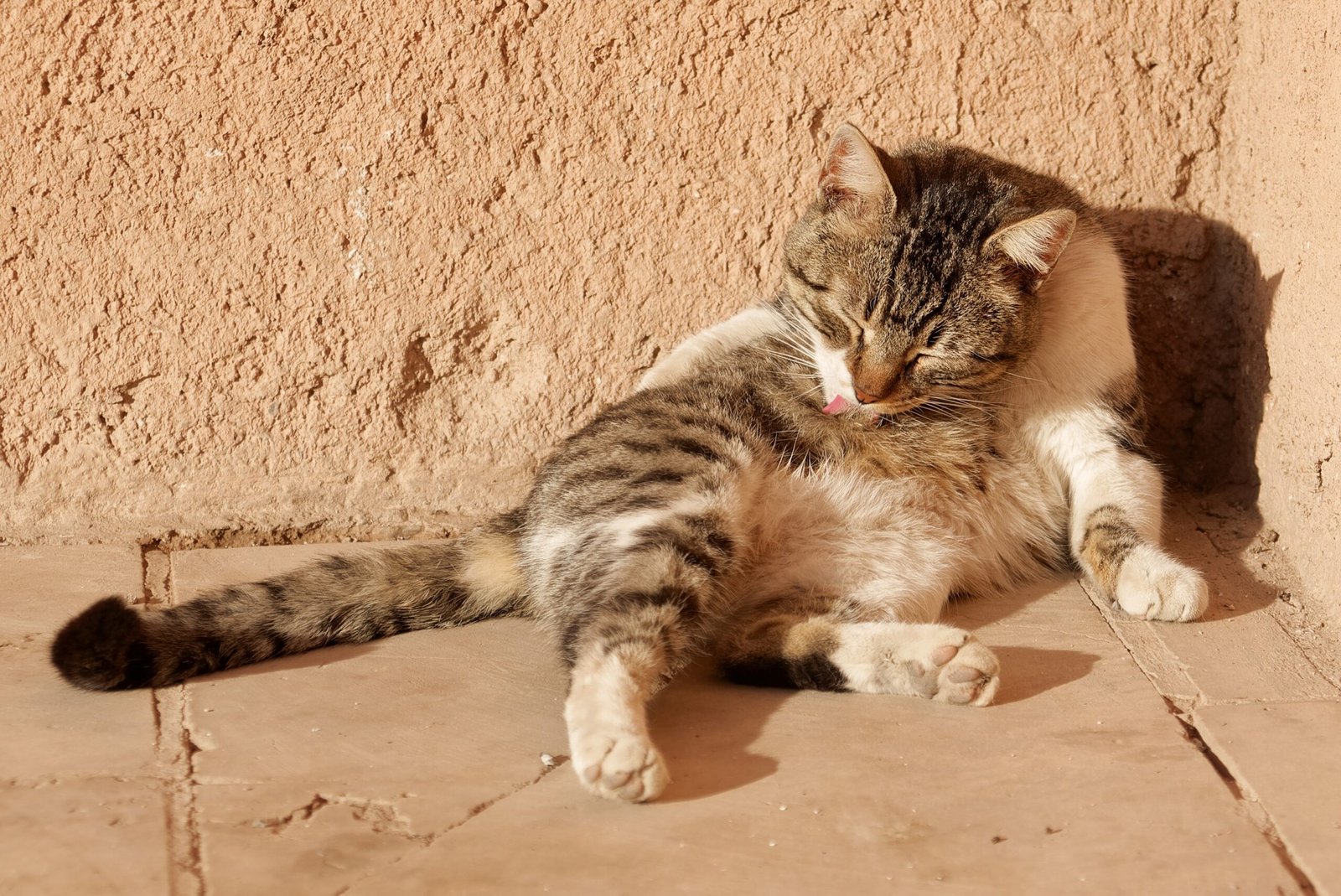
Cats are meticulous groomers, but when they start licking themselves raw or developing bald patches, that’s a red flag. Over-grooming is a classic sign of stress, and it can be triggered by changes in their environment—including changes in your mood. It’s their way of self-soothing when things feel out of control, similar to how some people might bite their nails or fidget under pressure. If you notice your cat obsessively licking one area, especially when things are tense at home, it’s time to pay attention. This behavior can lead to skin problems, so it’s important not to ignore it.
Litter Box Issues
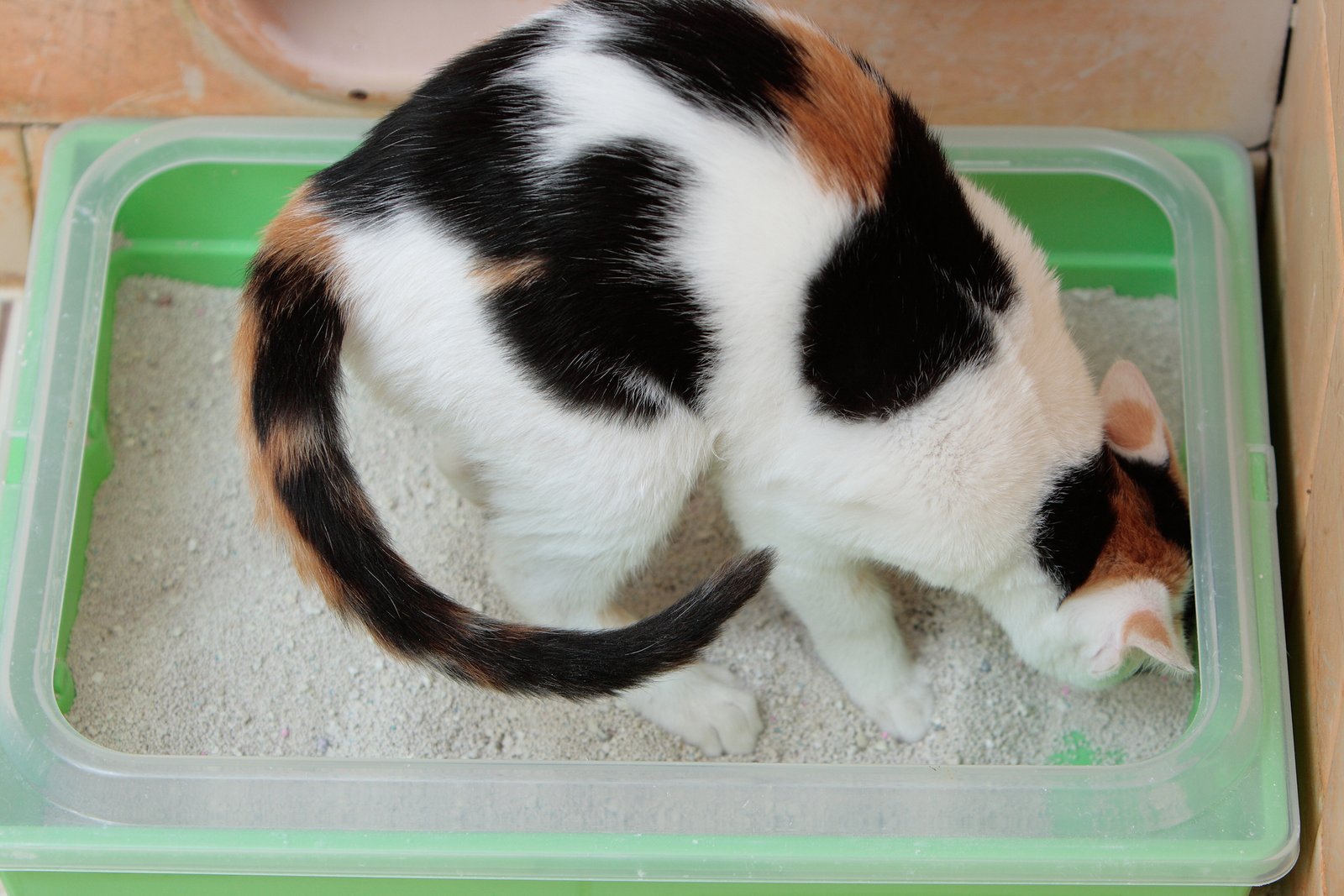
Nothing says “something’s wrong” quite like litter box mishaps. When your usually well-trained cat starts missing the box or choosing new spots for their business, it’s often a cry for help. Cats are clean animals and don’t do this out of spite. Instead, it’s a sign of emotional distress, sometimes triggered by the stress they’re absorbing from you. Changes in household routines, raised voices, or general tension can all make your cat nervous, leading to these messy accidents. If your cat’s bathroom habits suddenly change, consider what might be different in your own behavior or emotions.
Destructive Behavior
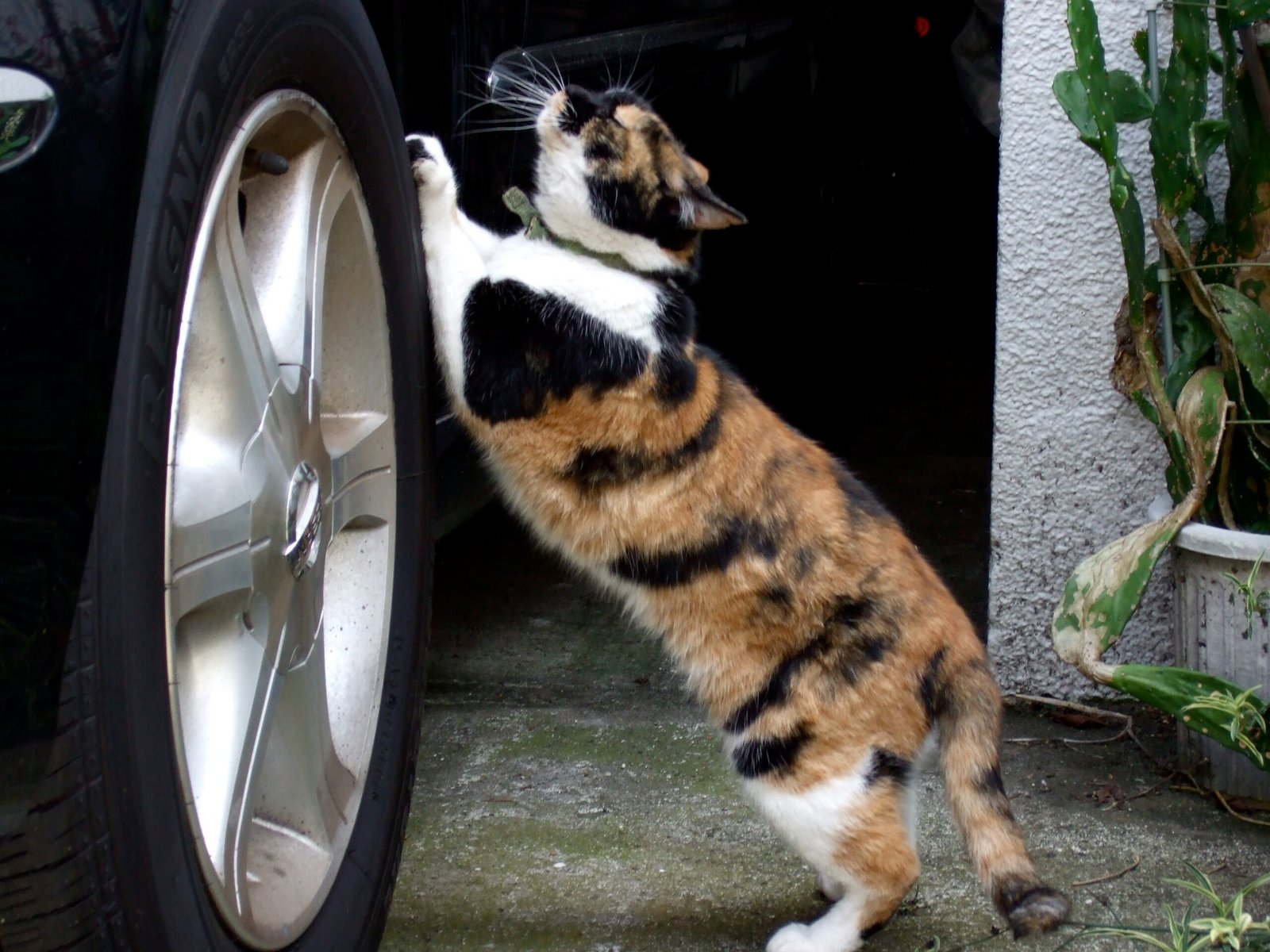
Have you come home to shredded furniture or knocked-over plants after a particularly stressful week? Destructive behavior in cats can be a direct response to the emotional climate at home. When cats feel anxious or unsettled, they may scratch, chew, or knock things over as a way to release pent-up energy. It’s their version of stress relief—like squeezing a stress ball or going for a run. While it’s frustrating to deal with, this behavior is often a sign that your cat is trying to cope with feelings they don’t understand, mirroring the tension you’re experiencing.
Changes in Sleeping Patterns
Cats are famous for their love of sleep, but stress can mess with their nap schedules just like it can with yours. If your cat is sleeping much more than usual, or struggling to settle down and rest, it’s worth noticing. Sometimes, stressed cats become lethargic, while others seem restless and unable to relax. These shifts in sleep are a reflection of how the mood in your home is affecting them. Imagine tossing and turning all night because something’s bothering you—that’s exactly what your cat might be going through.
Following You More Closely
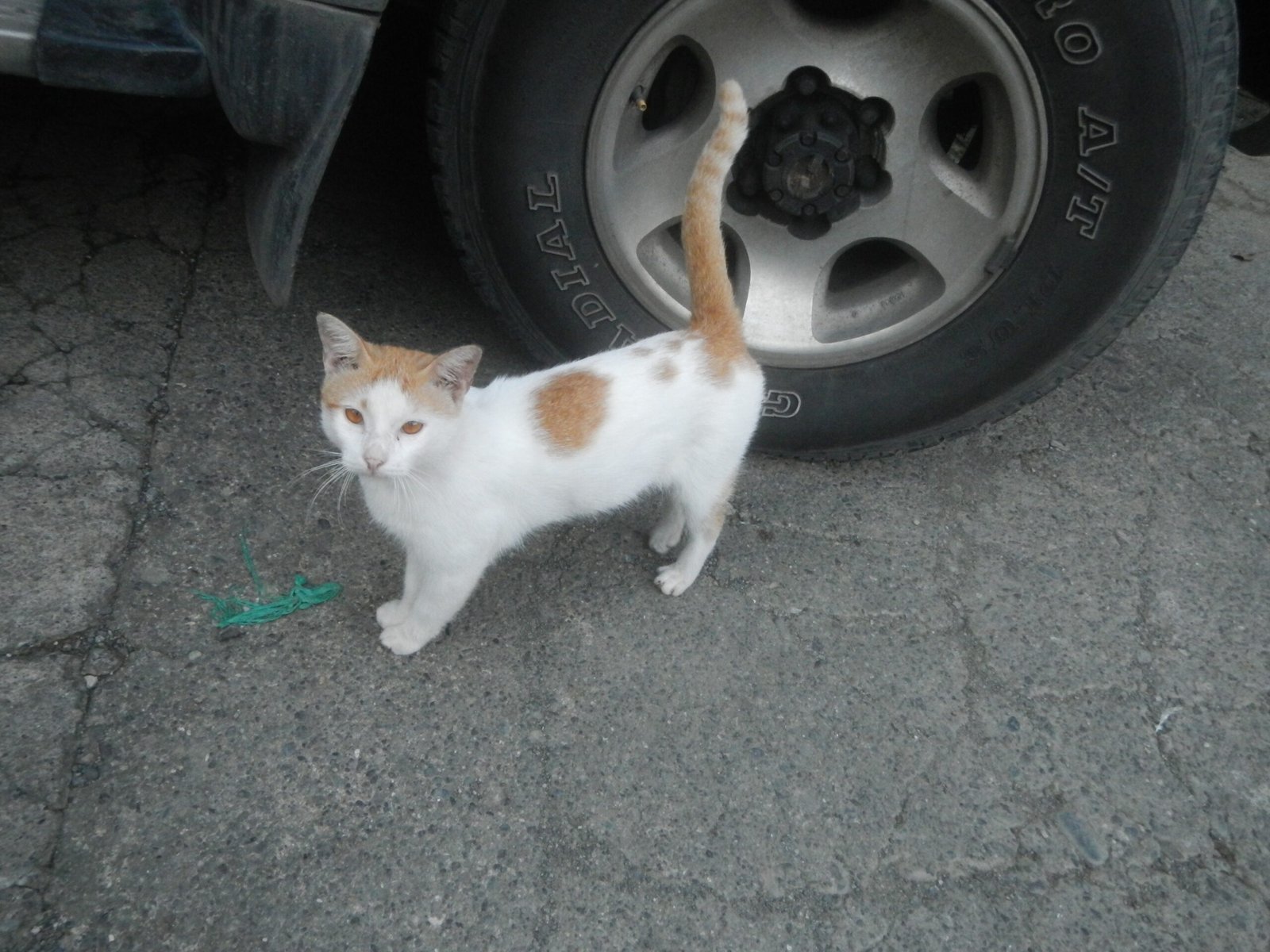
When cats sense something’s wrong, they often become little shadows, sticking close by your side. Have you noticed your cat waiting for you outside the bathroom or sitting at your feet while you cook? This behavior isn’t just about curiosity—it’s a sign they’re monitoring you for changes. Cats are astute observers of body language, and they pick up on subtle cues like sighs, slumped shoulders, or a different tone of voice. Their increased vigilance is their way of staying connected, almost as if they’re saying, “I’m watching out for us.” It’s a touching reminder of the silent bond you share.
Every cat is unique, and their reactions to your stress can vary, but these signs are clear reminders that our emotions ripple further than we realize. Your cat may not speak your language, but they’re incredibly tuned in to how you feel. When you’re stressed, they often respond with subtle but sweet gestures of support—or signs that they’re feeling it too. Paying attention to their behavior can help both of you feel more balanced. After all, a calm and happy human usually means a calmer, happier cat.